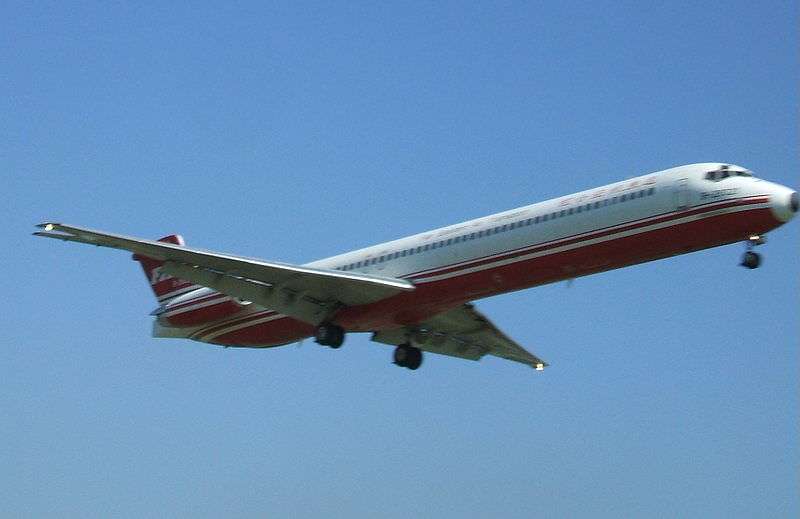No-Fly List Gets Twin Courtroom Floggings

The federal no-fly list has been one of the more chilling consequences for the war on terror, less for its consequences (though those can be personally devastating) than for its arbitrary and unappealable nature. Now the American Civil Liberties Union reports on two cases in which federal judges assail the destructive consequences for liberty inherent in the no-fly list and the need for some formal means of appeal and redress.
From the ACLU:
On January 14, 2014, U.S. District Judge William Alsup issued a decision in the case of Rahinah Ibrahim, a Stanford PhD student and Malaysian citizen who was prevented from boarding a flight back to the United States, handcuffed, and held in a detention cell for two hours based on what turned out to be her mistaken placement on the No Fly List. After a trial, Judge Alsup concluded that the government's internal administrative redress procedures (the same procedures at issue in the ACLU's case) violate the Constitution's Due Process clause because they do not provide a meaningful opportunity to contest or expunge erroneous information that forms the basis for inclusion on the list. He required the government to disclose to Ms. Ibrahim whether she is on the No Fly List and to "cleanse and/or correct its lists" of mistaken information about her.
In another ruling issued on January 22, 2014, U.S. District Judge Anthony Trenga rejected the government's request to dismiss a case brought by Gulet Mohamed, a U.S. citizen who alleges that he was prevented from returning to the United States from Kuwait because he appeared on the No Fly List, and that he was subsequently subjected to beatings and mistreatment while in detention in Kuwait.
Judge Trenga was unsparing in describing the consequences of inclusion on the No Fly List: "The impact on a citizen who cannot use a commercial aircraft is profound," he wrote, and "placement on the No Fly List is life defining and life restricting across a range of constitutionally protected activities and aspirations." In short, in Judge Trenga's words, "a No Fly List designation transforms a person into a second class citizen, or worse."
This follows on a federal court decision in August that travelling internationally by air involves "a constitutionally protected liberty interest." While that case still has a way to go before it reaches a conclusion, the implications of a constitutionally protected right are that any limits on it must involve due process. Simply slapping names on a list because they're allegedly suspected of the definition-of-terrorism-of-the-week and leaving people stranded won't cut it.
The more recent decisions would seem to follow on that logic, recognizing that arbitrary limits on travel really do impair people's ability to exeercise their rights and such limits—especially when they involve official screw-ups—have to be fixable through some formal process.
Scott Shackford wrote up the January 14 decision, earlier. He noted that the feds were so petty, they actually barred Ibrahim's daughter from a flight to prevent her from testifying in the case brought by her mother.
Yes, a touch of due process would be welcome.


Show Comments (29)